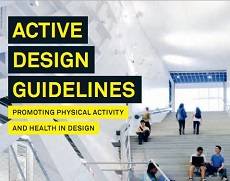August 15, 2013
Progress made on proposed FM bodies’ merger but membership consultation to wait
The British Institute of Facilities Management (BIFM) reports that merger talks with fellow FM and services related bodies, Asset Skills, the Facilities Management Association and the Cleaning and Support Services Association are progressing, but says a membership consultation must wait for the findings of the steering and working groups. As Simon Heath pointed out in his comment on the merger in May there is a sense of “crushing inevitability” that the first step in the process has been to form a steering group rather than letting members have some say in the early discussions.
























August 16, 2013
UKIP quip that women not competitive enough for business obscures real debate
by Sara Bean • Comment, Legal news, News, Workplace
The comment by UKIP treasurer Stuart Wheeler that women are not competitive enough to merit a place in the boardroom grabbed all of the headlines from an important debate on the introduction of gender quotas on City boards. The news broke on the same day that employment body the CIPD issued a warning that businesses will continue to lose talented female workers if they don’t offer them a better work-life balance. With research showing that around half of female managers choose not to return to work following maternity leave, how far should employers be going to retain female talent and encourage workplace diversity, and does gender equality really require a legislative stick? (more…)